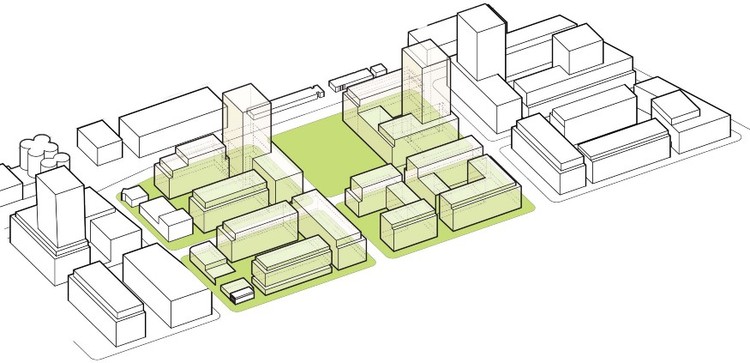
Sidewalk Labs has unveiled Delve, a new generative design tool that aims to help developers, architects and urban designers identify better neighborhood design options. It uses machine learning to reveal optimal design options from a series of core components, including buildings, open spaces, amenities, streets, and energy infrastructure. By applying machine learning, it explores millions of design possibilities for a given project while measuring the impact of design choices.

Okalo Ikhena, Director of Product Management at Sidewalk Labs stated that, "A development team can use Delve to identify a project's planning inputs (such as gross floor area for commercial or residential use), site constraints (such as height limits), and priority outcomes (such as cost or daylight access). Teams can choose to update their priorities and planning inputs as stakeholder feedback changes, exploring new possibilities in minutes instead of months. Delve then automatically finds the highest-performing options based on a project's priority outcomes."

Delve can be used throughout the development process, from pre-feasibility phases all the way to having a permitted masterplan. Integrating utilities, infrastructure and finance models, the tool identifies the highest-performing design options by ranking them according to how well they perform on the priority metrics set by a development team. The new tool builds off the work that Sidewalk Labs made in an announcement by the team's Violet Whitney and Brian Ho last December.

The team hopes the project will "supercharge" the development process by heightening a team’s ability to weigh complex elements of new urban development, informing decision-making while enabling rapid adjustments to accelerate project timelines. Find out more about generative design with a new episode from the City of the Future podcast that will be released this Friday, October 16th from Sidewalk Labs.
News via Sidewalk Labs

